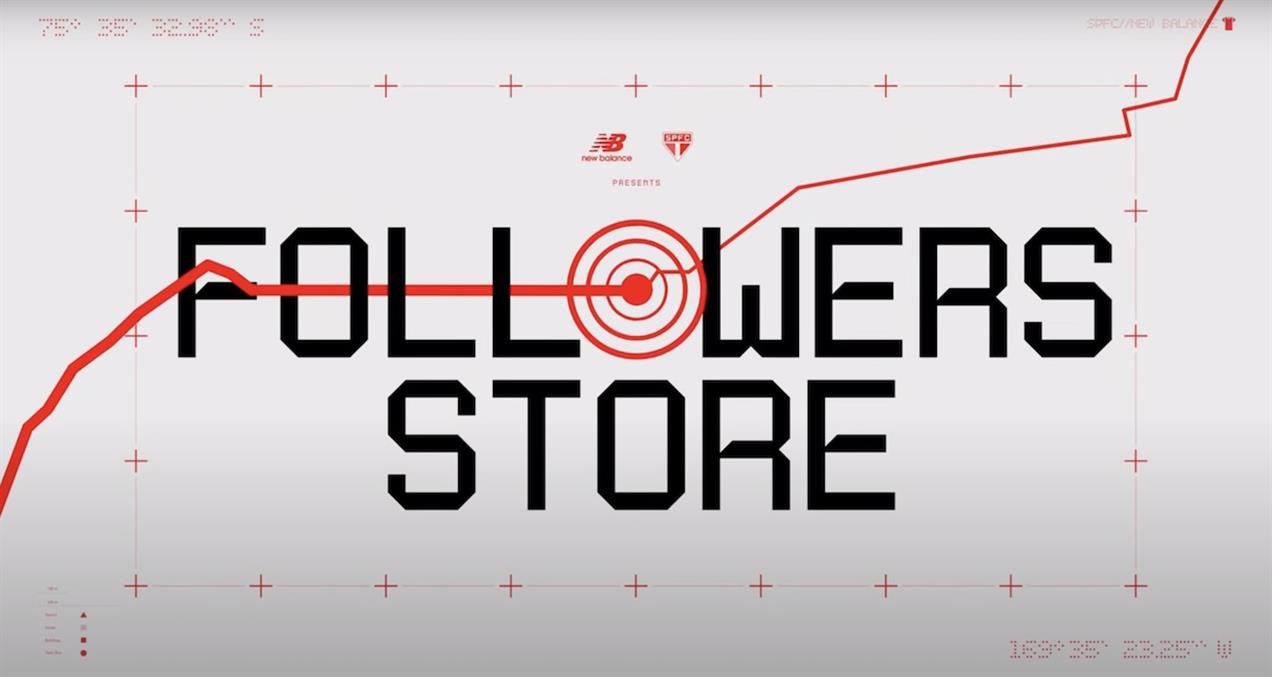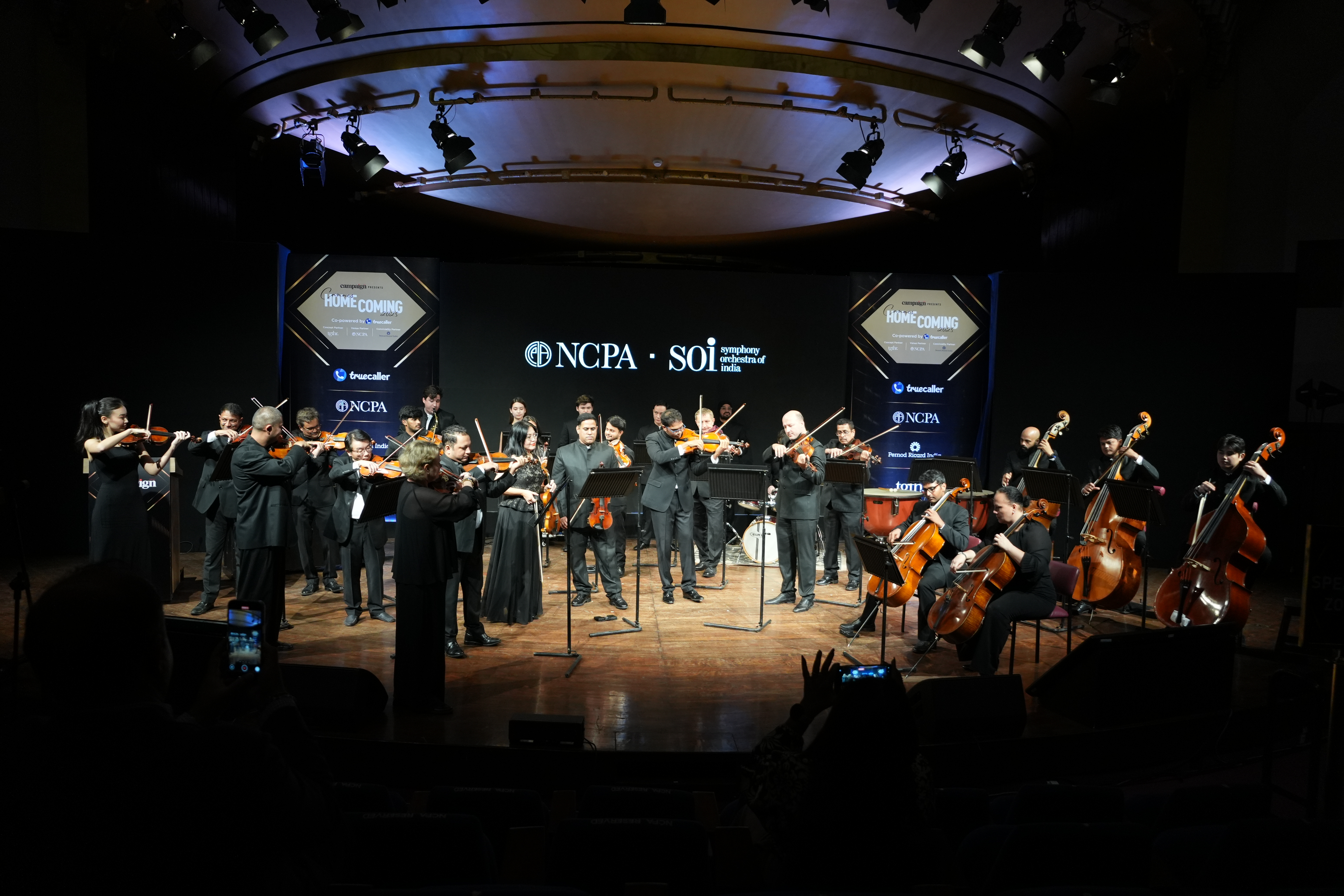Chuck Brymer confesses that he is at Cannes every year, but has been to the Palais just twice, possibly. For him, Cannes is work – meetings, meetings and more meetings. We do not know if it was meetings on the sidelines of Cannes or elsewhere that led to the development, but fact is he managed to hire current North America head Wendy Clark from Coca-Cola. Her joining is proof, he says, that when agencies step out of the same hiring pond, they can find great talent. Read on.
Ten years at the helm. A lot has changed since the time you took over at DDB Worldwide. How has your job changed?
Chuck Brymer (CB): Yes, it has been ten years! And, I think that makes me one of the longest serving CEOs running a major network.
The world that we live in has changed a lot over the last 10 years. The work that we do has changed a lot over the last 10 years. The most significant shift has been the type of work that we’re doing now which is much more engagement-led, online, focused on using data as a tool to optimise content and deliver that content across platforms.
It’s also about the speed at which we have to work. It’s about the ability to be always on and creating content for this 24*7 world.
I think 10 years ago we were just making the shift to the world that we considered to be ‘digital’. We had ‘digital’ and that was to be the new media. When, in fact, digital is not a new media, it’s an infrastructure. In fact, it’s a means by which we connect. We started out by connecting people to machines, then connected machines to machines and now we are connecting people to people through technology.
What kept you awake - or at least worried you - then? What is it now?
CB: Adapting to the changes going on in our clients’ businesses. They are under radical pressure as their businesses get disrupted and they’re changing. Our ability to understand those changes, adapt to those changes and help lead our clients in terms of marketing tools they can use to engage their consumers in this different world.
We've seen Amir Kassaei quite a bit - be it at Cannes, other festivals or even in India, at Goafest. You have kept rather low. Is that by design?
CB: I’m always there at Cannes and the likes, but always at meetings with clients. Cannes to me is work. I have been to the Palais like twice. I go for our stuff, or if a client is speaking there. For me Cannes is a meeting time.
What brings you to India this time?
CB: I’ve come to India in order to be able to see our businesses and meet our people. I’m looking at the work, looking at the strategic direction and also to meet our clients. I love to hear from our clients how are we doing and get a perspective on their business and figure things that we can do better.
DDB took majority stake in Mudra in 2011. It's been five years. How do you view the progress since then?
Madhukar Kamath (MK): It’s not yet five years. The acquisition happened on 1 November 2011 and we were integrated into the system by about February 2012.
CB: The Indian market is maturing. The creative product (at the agency) is getting better. The technologies are helping to create opportunities for our businesses. We acquired Mudra in 2012. Then, we also acquired 22Feet in 2014. So, we’ve been investing in the Indian market place because we believe the opportunity is significant and that we are in a pretty good position to be able to develop ourselves accordingly.
So, is the consolidation over? Do you see possibility for further acquisition?
CB: We’ve been focused on betting on the businesses that we currently have. We are doing that currently but we’ll be always open to opportunities when they arise.
How much does it contribute to the total income, and where does it stand globally?
CB: We never get into the revenues and contributions, but it’s (India is) an important component of our network.
MK: I always say that we are in the top 15 markets. We’d love to be in the top 10 and that’s the stated ambition.
How far do you think you’re from the top 10?
MK: Not too far off. If they increase the targets, then we’ll take time to get there! In terms of importance we’d like to believe we are in the top 10. The fact that he’s investing five days of his time here, we’d believe we are there.
Where do you see the opportunity for growth in India?
CB: We are getting our growth in the advertising bit of it. We are ramping up our capabilities in shopper marketing which I believe is significant here in India, with TracyLocke. We are building Track, our CRM business and think there’s an enormous opportunity with that too. I believe that the OOH and experiential businesses that we have good growth opportunities too. The digital work with 22Feet is doing well too. So, there are enough opportunities for us to grow in this market.
We agree that it is difficult to split digital income accurately. But how big would the digital agency brands be in terms of contribution to (net) income of DDB?
CB: Yes, it’s very hard to figure that out anymore. The lines have blurred so much. It’s about what comes under digital; does that include social, the mobile work, and the works.
I’d say over 50 per cent of our business is now work that you wouldn’t consider ‘traditional advertising’.
MK: In India, pure play traditional advertising is around 50 per cent. The pressure is in growing all parts of the businesses.
The DDB Worldwide Creative Council relaunched in January this year with Joji heading it with a mandate of boosting award-winning creativity, focus on creative effectiveness awards by showcasing DDB Asia's success for clients... How have the first five months been. Are you prepared for the awards season kicking off soon?
CB: The primary focus of the council was to raise the quality of work around the region. We’ve got creative councils in various parts of the world and that responsibility is to raise the quality of work. If it results in more awards, then it’s great.
MK: It’s also about effectiveness.
Also because you are from the 'Think Small' Beetle agency: Do you agree that automobile advertising, on average, is ordinary today? If yes, why is this the case? (Exceptions exist.)
CB: I think there’s always room to be better. I think a lot of the automotive advertising looks and feels the same. There are exceptions, and I’d like to think Volkswagen.
Talent moving from advertising to other industries has been a much-debated topic. On the other hand, you managed to get Wendy Clark back into advertising (last year?). But by and large, do you think talent is a problem?
CB: I think people in advertising are very talented. They are highly attractive to other industries that are either just starting, or investing behind talent. I think bringing Wendy Clark from Coke was a signal that there’s a lot of room for agencies to grow and attract very significant talent.
A top marketer like Clark obviously brings with her an approach to consumer insights that can benefit the agency's thinking. Where do you think strategic planning is at the agency today, from, say, when you took over as CEO of DDB?
CB: She came on board in January and has made an enormous impact in our business. Her perspective is unique and she’s able to see both sides of the desk. Equally, there are issues that face clients – I read once that the biggest issue that clients have with advertising agencies is that they don’t understand their business. I think Wendy understands what they do and the challenges they face in their business and that makes us a better agency and allows us to do work that hopefully addresses those issues.
If asked to pitch today, how would you make the case for a global network agency, with its attendant costs and expertise, against a nimble, local independent with need-based alliances?
CB: I think if we are pitching for the same piece of business, we’ll have to invest the same amount of time, energy and cost in the pitch as someone else. I believe that our scale might work for us in that aspect. Size can be our advantage there.
You followed in your father's footsteps to enter advertising. In India, we are seeing it not being the first choice anymore for a lot of college post graduates from business schools. What is the scene globally? Is the industry feeling the pinch? If not, will it soon?
CB: There’s a lot of new and exciting industries that have opened up through technology. But, young people have always gone to industries other than advertising.
Judging from the amount of people that want to work with our agency, I wouldn’t see any talent crunch! We have kids coming out of school who want to work in advertising. At the same time I believe that other avenues are opening up too. I think they are very attractive too, and I think some of those companies have attracted good talent.
MK: Taking off from what Chuck mentioned, we shouldn’t be complaining about a lack of talent. We just need to go out there and try harder to attract talent. If you’re fishing in the same pond, then there’s no point complaining. There are enough people and talent is available. The LLC and talent team is constantly meeting people. To grow the business you need more talent, and you need to go out and hunt for the talent.
CB: I don’t know about other agencies, but we’ve seen that with Wendy’s appointment at DDB. We stepped out of the same pond and got one of the most successful marketers in the country. And, now she’s running North America.
With everyone doing everything, can the 'lead' agency position be assumed to be the creative agency's anymore?
CB: Yes! And I think we are the lead agency for many clients.
MK: Chuck mentioned earlier, the business we are in is about ideas. If ideas are crucial for a business, then it’s a question of where and which agency can come up with the best idea and create business solutions. I think the creative agency can be excellent when it comes to creating these business solutions. I strongly believe that the creative agency will continue to be the lead agency.
CB: Ideas fuel economies and corporate success. They are of all shapes and sizes. Creative ideas can engage customers to motivate them to want to engage with your product and buy it. I don’t think there’s anything more valuable (than a creative agency).




